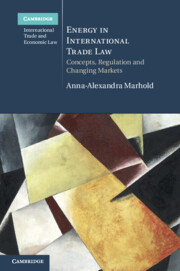To investigate whether obese women can compensate for sucrose added to the diet
when it is given blind, rather than gaining weight or exhibiting dysfunctional
regulation of intake, in the present study, forty-one healthy obese (BMI
30–35 kg/m2) women (age 20–50
years), not currently dieting, were randomly assigned to consume sucrose
(n 20) or aspartame (n 21) drinks over 4
weeks in a parallel single-blind design. Over the 4 weeks, one group
consumed 4 × 250 ml sucrose drinks
(total 1800 kJ/d) and the other group consumed
4 × 250 ml aspartame drinks. During
the baseline week and experimental weeks, body weight and other biometric data
were measured and steps per day, food intake using 7 d unweighed food
diaries, and mood using ten- or seven-point Likert scales four times a day were
recorded. At the end of the experiment, the participants weighed 1·72
(se 0·47) kg less than the value predicted by
the National Institute of Diabetes and Digestive and Kidney Diseases (NIDDK)
model; the predicted body weight accounted for 94·3 % of
the variance in the observed body weight and experimental group accounted for a
further 1·1 % of the variance in the observed body weight,
showing that women consuming sucrose drinks gained significantly less weight
than predicted. The reported daily energy intake did not increase significantly,
and sucrose supplements significantly reduced the reported voluntary sugar,
starch and fat intake compared with aspartame. There were no effects on appetite
or mood. Over 4 weeks, as part of everyday eating, sucrose given blind in soft
drinks was partially compensated for by obese women, as in previous experiments
with healthy and overweight participants.


